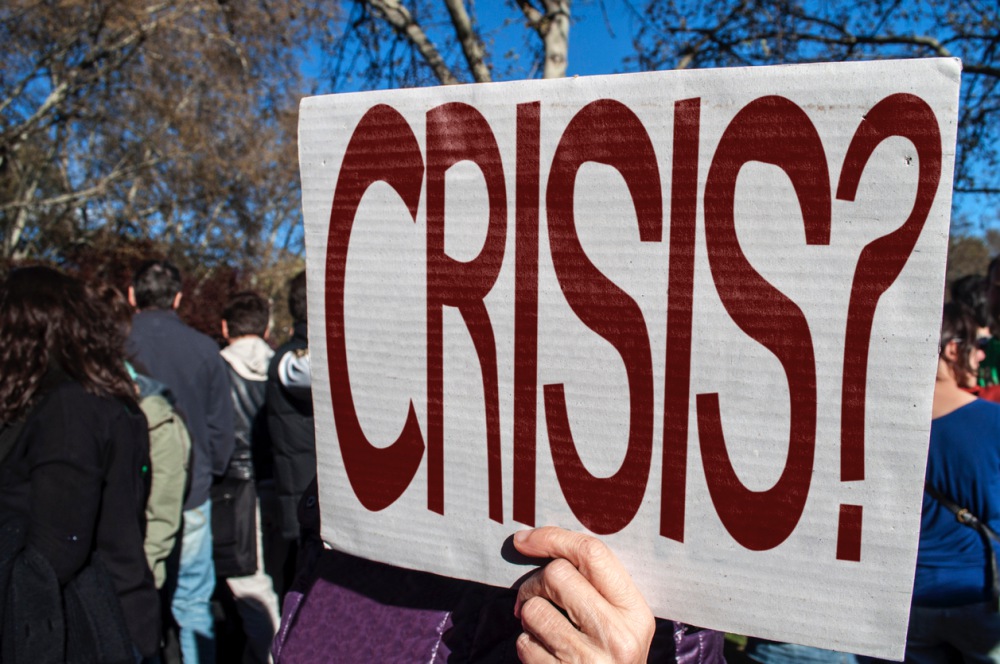How to get a Finnish IP address
The easiest way to improve your digital privacy is to switch your IP address using a VPN. We’ll …

The crisis unfolding in Venezuela is reminiscent of the Arab Spring. People are suffering, with no access to food, water, transportation, and so on. But there’s one element that sees fewer headlines: People also have no access to information, and a lack of information is equally as dangerous.
I reached out to a university student currently living through the humanitarian crisis in Caracas, Venezuela. Antonio, a 23-year-old student studying engineering at the Central University of Venezuela, told me how unbearable life has become in his country.
“We’re in the age of social media and internet so the world knows what is going on,” Antonio said in a hesitant voice after taking a deep breath. “The problem is that this story is neverending and nobody really cares about what’s happening here because it isn’t affecting them directly.”
It was challenging to reach Antonio for an interview because the electricity had been cut off for more than 90 hours. “This is a humanitarian crisis, and when electricity and water don’t reach houses or hospitals, people die,” he said.
According to The Wall Street Journal, the independent health watchdog Codevida said that “15 dialysis patients have died as a result of the blackout and some 10,000 more were at risk if they continue without treatment.”
A lack of electricity also equates to a lack of information. Without electricity, there’s no internet. And with no internet, citizens can’t see what’s truly happening. That’s the point of the blackout, of course. The government is trying to create silence. But to the people, it’s not sharing their story around the world via social media and other channels that they care about; it’s that they can’t rely on the online world to help them navigate this crisis on the ground — where to find food, or safe shelter, whether, even, to flee the country.
Without access to information, the people of Venezuela can’t make life and death decisions and have no way to communicate with others if they need help.
Antonio has not been able to attend his university for the past two months; transportation has been stopped due to a lack of gasoline. “They have no way of commuting”, he said, “since public transportation doesn’t work.”
There is no sense of security for Antonio. He explained to me how the authorities have turned a blind eye to crimes taking place on the streets. “The minimum monthly wage of a cop or military is 6 dollars. A carton of eggs is 4 dollars alone so they can’t provide for their families, and as such have had to turn to contraband or corrupt individuals.”
Antonio emphasized the importance of staying safe and secure whether on the streets or online given the current instability in Venezuela. “When electricity is available, I need to use Hotspot Shield to connect with my father in Miami to tell him that I am alive. Being secure online is a priority. I don’t want anyone to be able to track my conversations or who I’m talking to. You never know who might use that information against me.”
For Antonio, his ask was that people educate themselves about what’s happening in his home country. “Everyone should be aware, as this can happen anywhere,” he said, as the Skype call ended.
For Venezuelans, they’re fighting for food, for water, for shelter. They’re fighting for their lives. And without access to information, it’s a fight that’s becoming increasingly difficult to win.

